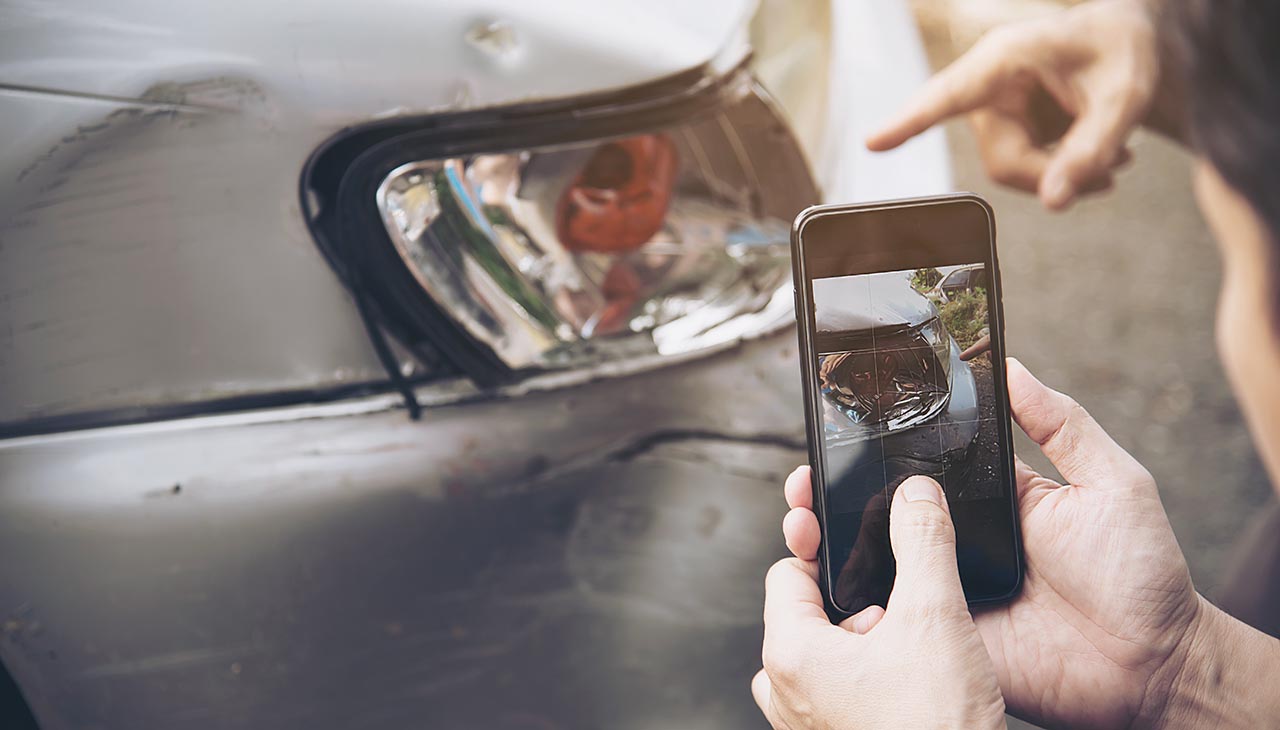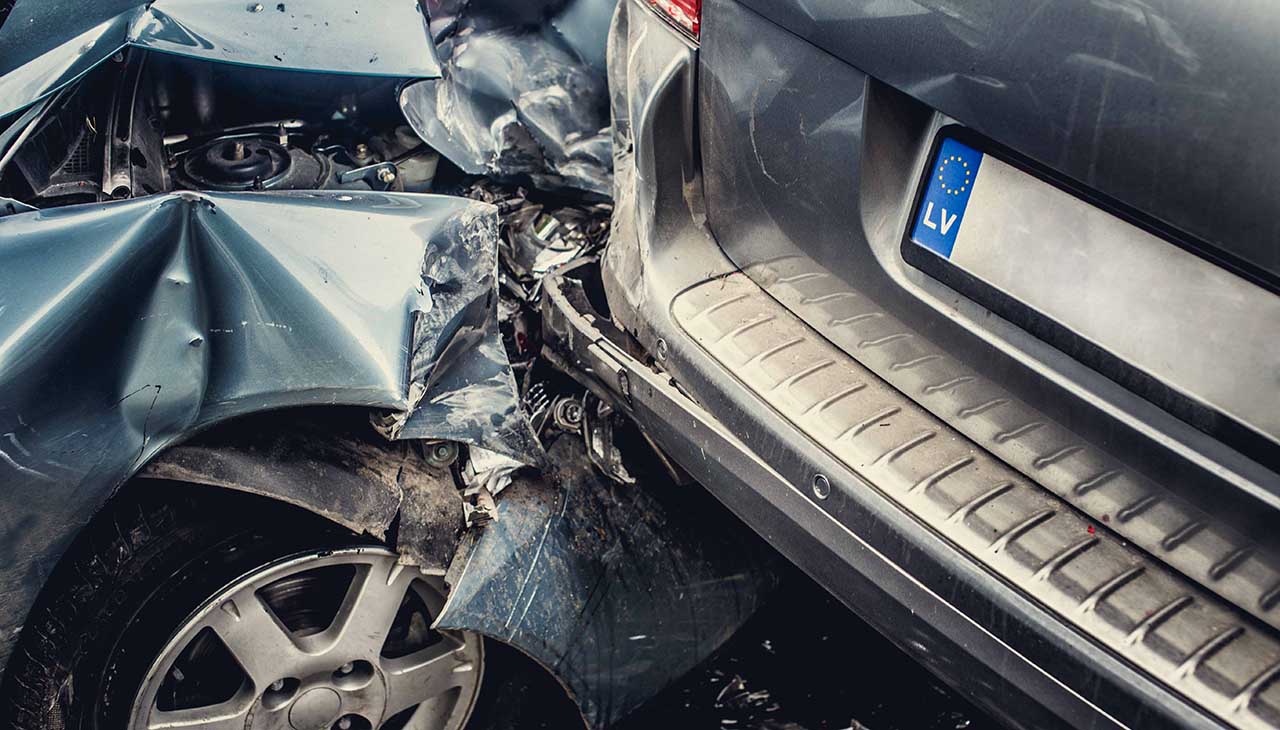
Navigating the Aftermath of a Car Accident
Car accidents can be stressful and overwhelming. Knowing what to do immediately after an accident can make all the difference. This guide walks you through each step to ensure safety, legal protection, and efficient handling of insurance claims.
Why Knowing Post-Accident Steps is Crucial
Imagine you’re driving home from work, and out of nowhere, another car hits you. The shock and adrenaline can make it hard to think clearly. However, being prepared with a clear plan can help you manage the situation calmly and effectively. You’ll not only protect yourself but also streamline the process for everyone involved.
Immediate Steps After an Accident
First things first, your safety is paramount. Here’s what you need to do:
- Check for Injuries – Ensure that you and any passengers are okay. If anyone is hurt, call 911 immediately.
- Move to Safety – If possible, move your vehicle to a safe location, away from traffic. Turn on your hazard lights to alert other drivers.
- Call the Police – Reporting the accident is crucial. The police will document the scene and create a report, which is essential for insurance claims.
- Document the Scene – Take photos of the vehicles, any visible injuries, and the surrounding area. This will be invaluable later on.
Exchanging Information
Gathering information is key to resolving the aftermath of an accident:
- Driver’s Information – Exchange names, addresses, phone numbers, and insurance details with the other driver.
- Witnesses – If there are any witnesses, get their contact information. Their statements could be crucial in determining fault.
- Police Report Number – Ask the attending officer for the police report number and where you can obtain a copy.
Dealing with Insurance
Reporting the accident promptly can smoothen the claims process:
- Contact Your Insurance Company – Notify your insurer as soon as possible. Provide them with all the information you’ve collected.
- Understand Your Coverage – Familiarize yourself with what your policy covers, including liability, collision, and medical payments.
- Follow-Up – Keep track of all communications with your insurer. Document everything to avoid confusion later.
Seeking Medical Attention
Even if you feel fine, it’s essential to get a medical evaluation:
- Immediate Check-Up – Some injuries, like whiplash, may not manifest immediately. A doctor can identify issues you might not notice.
- Documenting Injuries – Medical records are crucial if you need to file a personal injury claim.
- Follow-Up Visits – Keep all follow-up appointments and maintain a record of your treatments.
The Role of a Lawyer
Legal representation can be beneficial in complex cases:
- When to Consult a Lawyer – If the accident resulted in significant injuries or disputes about fault, consult a lawyer.
- Choosing the Right Lawyer – Look for attorneys specializing in personal injury or motor vehicle accidents.
- Legal Guidance – A lawyer can help you understand your rights and ensure you receive fair compensation.
Follow-Up Actions
There’s more to do in the days and weeks following an accident:
- Obtain the Police Report – Contact the police department to get a copy of the report. It’s a crucial document for your insurance claim.
- Track Medical Treatments – Keep detailed records of all medical consultations, treatments, and expenses.
- Vehicle Repairs – Get estimates for repairs and keep all receipts. Your insurance may cover these costs.
Being Prepared
Accidents happen when you least expect them. Preparation can make a significant difference:
- Keep an Emergency Kit – Stock your vehicle with essentials like a first-aid kit, flashlight, and emergency contact numbers.
- Stay Informed – Regularly update your knowledge of driving laws and insurance policies.
- Practice Safe Driving – The best way to handle an accident is to avoid it. Always drive cautiously and follow traffic laws.
Additional Resources
For further information, consider the following resources:
- Legal Advice – Websites offering free consultations with personal injury lawyers.
- Insurance Tips – Articles and videos explaining how to handle insurance claims effectively.
- Safety Guides – Comprehensive guides on safe driving and accident prevention.
Conclusion
Being involved in a car accident is never easy, but knowing what steps to take can alleviate much of the stress and confusion. By following this guide, you’ll be better prepared to handle the situation effectively. Remember, the key is to stay calm, gather all necessary information, and seek the right help when needed. Stay safe and drive responsibly!

